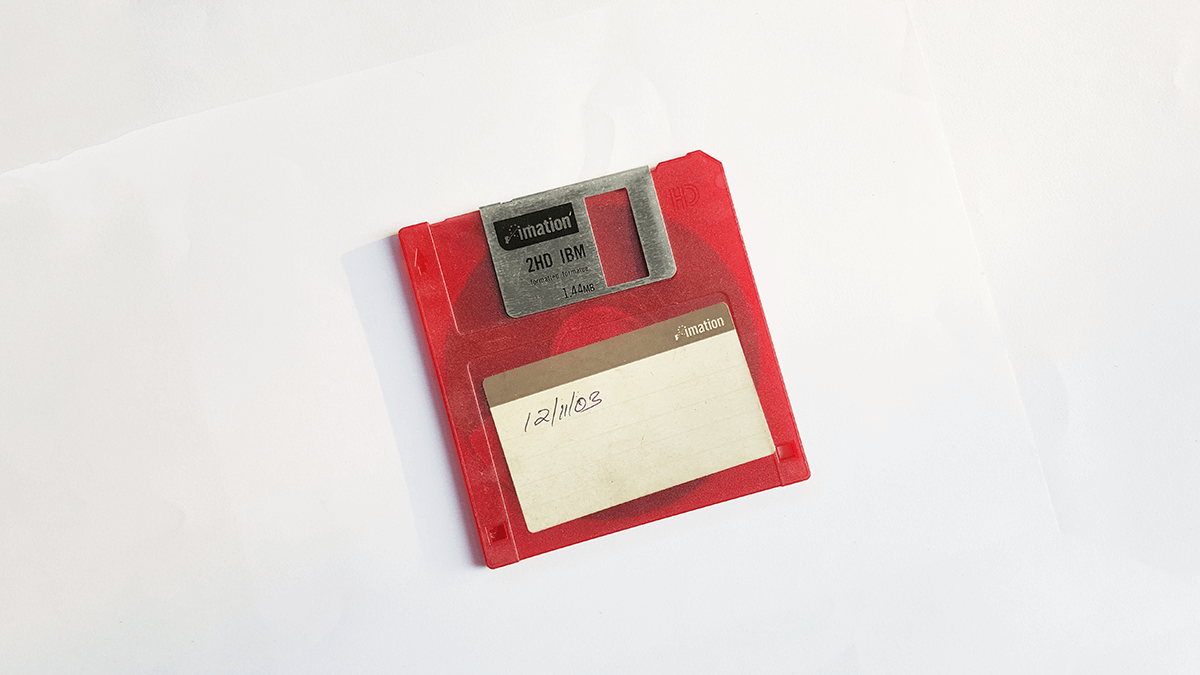Meditation has many scientific benefits. From improving focus, to lowering anxiety, to helping millions of people sleep better at night. But, does meditation improve memory? Memory and the brain are both very complex and only seldom understood by scientists and neurologists. However, we do know a lot about how memory works and how meditation may tie into that.
How memory works

First, it’s important to understand how memory works to see how meditation can potentially influence or improve memory. Memory in the brain is broken down into 3 processes: encoding, storage, and retrieval.
Encoding is the process of how information is processed and learned. Our memories can be encoded through our senses such as sight, sounds, and smells. Once information from the world around us is encoded, it’s stored. The brain may store information in our short-term memory (such as what we plan to cook for dinner tonight) or in our long-term memory (such as remembering a significant life event).
How and why a piece of information is stored in short-term memory over long-term memory isn’t quite understood but there are many theories, some of which are intuitive such as a traumatic event stored in long-term memory to prevent it from repeating (such as the first time you burned yourself on the stove).
Finally, retrieval is our mind pulling up a memory as needed, either consciously or unconsciously.
Meditation and memories
Often while we meditate, images such as thoughts, perceptions, and memories surface. This is often done unconsciously and part of the practice is recognizing this unconscious action and returning the mind’s attention to the object of focus for the practice. For people that sometimes daydream while trying to meditate, long-term memories bubble up, almost as if the mind finally has some time to sift through its large rolodex of memories. This is because this state is the mind’s default setting when it’s not preoccupied with a task that requires immense focus. This is called the default mode network and it's the brain’s (and mind’s) idle state. This is why many people get their best ideas when they’re in the shower or laying in bed at night.
So when you’re not distracting yourself with work or entertainment, the mind often drifts into thoughts, memories, and planning. Replaying these memories over and over reinforces their storage into your long-term memory. So, unintentionally, meditation helps improve and build long-term memories. By sitting in silence, and allowing your mind some time during the day to finally go through its default setting, memories can surface. However, this is not the answer we want or the ideal since while we meditate, we are not looking to have the mind drift as much as possible. We instead, especially in a mindfulness meditation, want to pull the mind out of thoughts whenever it wanders, and back into the object of the practice (such as the breath).
Does meditation improve memory?

We earlier talked about the 3 processes of memory and how each works. The two most important parts are encoding and storage, and these processes occur more readily and easily when we’re more conscious of them and the information we’re processing. Meditation can help us live more mindful existences and practice mindfulness throughout the day.
This mindfulness and living more presently can also in turn help reinforce memories, thus improving our memory. So yes, practically, meditation does improve memory. But what does science say?
Over a 4-week period, 79 participants of a study practiced mindfulness meditation regularly. The results were an increase in hippocampal volume which helps negate impairments to working memory and improves memory overall, especially long-term memory. This lines up with what we said earlier when it comes to mindfulness meditation and how it and the default state network, reinforces long-term memories.
What about short-term memory? Does meditation improve short-term memory?
In a study from 2013, mindfulness meditation showed that it can improve memory capacity by both reducing distracting thoughts (that affect how well the brain encodes and stores information) as well as improve short-term memory recall.
So both intuitively and scientifically, we see that meditation does indeed improve memory. Now that we know this, how can we apply this to improve our memory and what type of meditation practice should we do?
How to practice meditation to improve memory
The best meditation practice to start with, and do regularly, to help improve your memory is a mindfulness meditation practice.
Mindfulness meditation trains our mind to be more present, more often. This can help you better encode information before it is stored in the brain. For example, if you are better at managing distracting thoughts and being more present thanks to meditation, you can sit in a lecture hall while a professor goes over a lesson, and retain a lot more information. Both because you’re less distracted as you pay attention (helping with encoding) and you’re more present and conscious of the information coming in (helping with storage).
Here’s a simple mindfulness meditation practice you can do at home to train your brain and improve your memory.
https://www.youtube.com/watch?v=lNpuUk55kuI
Time needed: 10 minutes.
How to meditate to improve your memory
- Find a seat Find a comfortable place to sit such as a chair, and sit with your hands in your lap.
- Place attention on the breath Close your eyes and place your attention gently on your breath, noticing each in-breath and out-breath as they pass without changing or modifying the breath.
- Notice distractions As you watch the breath, you’ll notice thoughts, feelings, and perceptions appear in consciousness. Whenever you notice this or catch yourself lost in thought, gently bring your attention back to the breath.
- Practice for 10 minutes Do this for 10 minutes. This is the practice. It’s placing an open-awareness on the breath, noticing thoughts that come and go through the mind, and bringing your attention back to the breath whenever it strays.
Don’t forget you can practice mindfulness anywhere. There are countless ways to practice mindfulness and be more present. But you don’t need to be fancy here. You can be mindful while you wait at the doctor’s office, while you sit at a red light, or whenever you get up from your desk at work.
If it helps, you can use a reminder such as a mindfulness coin to help you remember to be present or practice mindfulness. Keep it as a token in your most worn coat’s pocket so that whenever you reach in, it’s a reminder to be present.
Your turn
Meditation isn’t intended to be a tool to improve your memory, it’s really a way to improve yourself and live a more examined life. Improving your short-term and long-term memory with meditation is only a byproduct, one of dozens that have been studied and verified by scientists. If you practice meditation to improve your memory, you’ll likely find other benefits. When you go into the practice, go in without any expectations or desire for an outcome. Let the practice do for you what it does, and let it help you start living more intentionally and stop living on autopilot.







